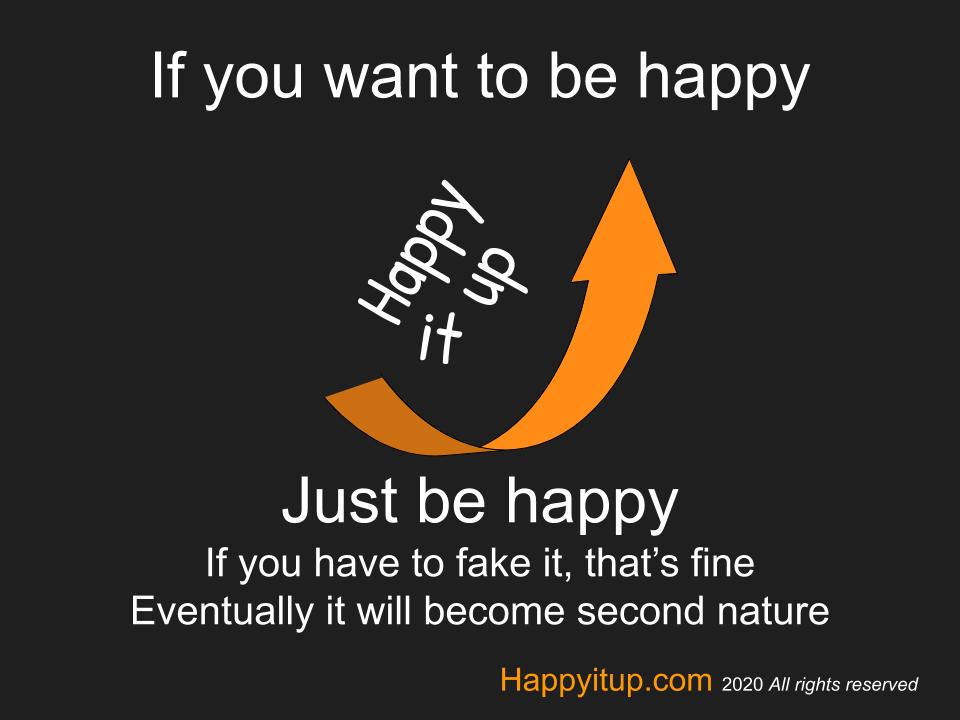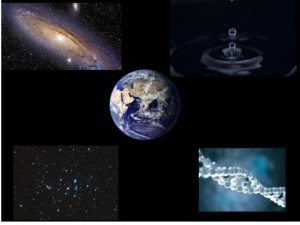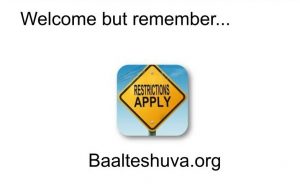Regarding the Promised Land Why did Hashem set up the scenario where rather than giving an unoccupied land to the Israelites, they must go to war to obtain it?
Doesn’t God Want Peace?

What is it about this particular small parcel of the land that awakens such passion?
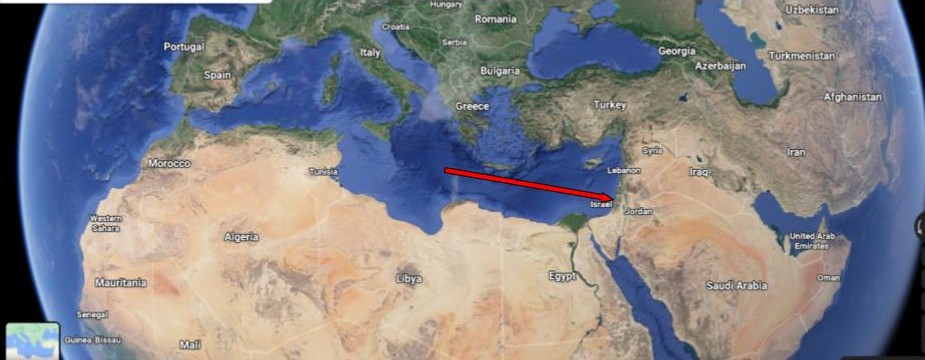
According to Wikipedia the Kingdom of Jerusalem has had a plethora of wars. “During its long history, Jerusalem has been attacked 52 times, captured and recaptured 44 times, besieged 23 times, and destroyed twice.”
Regarding modern Israel, they site the following 8 wars and many conflicts. “Since its establishment in 1948, the State of Israel has fought eight recognized wars, two Palestinian intifadas, and a series of armed conflicts in the broader Arab–Israeli conflict.”

Clearly, there is something extraordinary about this tiny piece of planet Earth. But wait… Jerusalem is not an important location. Unlike most ancient cities it has never been near a water port for transportation. It is actually landlocked. It is not exceptionally furtle, in fact, it is actually quite arid. There is no gold deposits or other important resources.

It is totally illogical by all accounts, to understand why the world is so fascinated with this tiny space on the Earth. For all practical purposes, Jerusalem should be less desirable than, for example, Mongolia. Why then does everyone seem so obsessed with this seemingly arbitrary location? Could the millions of lives lost trying to conquer this land over thousands of years have been some sort of mental illness that still exists today? Let’s put this question aside.
References and/or promises to giving the promised land are repeated many times throughout The Torah.
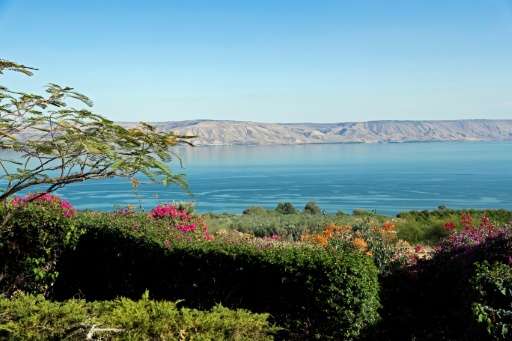
Hashem repeatedly promises a special, beautiful, and spacious land, “…a land flowing with milk and honey.” Exodus 3, 8. References to this land can be found in over a dozen places in the Torah.
The ultimate reward

The Torah clearly presents this as the ultimate reward to the descendants of the patriarchs. It represents the classic carrot stick, if you will… But it comes along with one little caveat; It is already inhabited with formidable adversaries. Fortified cities where giants who worship idols reside. We need only to go to war with these nations and conquer the land for ourselves. Oy vey!

Below is a list of the various verses where the land is referenced throughout the Torah.
- Genesis 12, 1-3
- Genesis 13 , 14-15
- Genesis 15, 1-21
- Genesis 17, 18
- Genesis 22, 16-18
- Genesis 26, 3-4
- Genesis 28: 13-15
- Genesis 50, 24-25
- Exodus 6, 8
- Exodus 12, 25
- Exodus 13, 11
- Exodus 13, 17
- Exodus 20, 21 (The 5th Commandment)
- Exodus 23, 31
- Exodus 23, 30-31
- Leviticus 20,24
- Numbers 14, 24
- Numbers 14, 30
- Numbers 20, 12
- Numbers 33, 53
- Numbers 34, 2
- Deuteronomy 1, 8
- Deuteronomy 6, 10
- Deuteronomy 7 1, 2
- Deuteronomy 9, 28
- Deuteronomy 11, 24
- Deuteronomy 11, 31
- Deuteronomy 17, 14
- Deuteronomy 19, 8
- Deuteronomy 27, 3
- Deuteronomy 28, 8
- Deuteronomy 31, 20
- Deuteronomy 31, 23
- Deuteronomy 34, 1-12
- Deuteronomy 34, 4
Quite a list…..
Especially perplexing is the fact that the Torah does not use any extra words.
Obviously, this gift is more than just a gift, it is the main theme of the Torah. For the Jewish nation, it represents their destiny, their identity, their purpose. Both the spiritual and physical reasons for the Jewish people’s very existence. It is clearly meant as a precedent for all of humanity. But…
Why did Hashem set up this scenario in the first place? Why do we have to go to battle for the promised land?
Doesn’t Hashem advocate peace above all ?
The scenario Hashem set up causes the Jews to be the aggressors concerning the acquisition of the land of Israel.

On the surface, it would appear self-serving, ravenous, selfish, greedy.

Looking below the surface
Even before Abraham had a any children with his wife Sarah, Hashem promised his descendants will inherit this specific land known as Israel. “On that day, the Lord formed a covenant with Abram, saying, “To your seed I have given this land, from the river of Egypt until the great river, the Euphrates river. The Kenites, the Kenizzites, and the Kadmonites, and the Hittites and the Perizzites and the Rephaim and the Amorites and the Canaanites and the Girgashites and the Jebusites”. Genesis 15:18-21
What possible lesson can justify going to war with the “enemy” in order to inherit the promised land?

Peace
Firstly, we are commanded to offer terms of peace to our enemy and allow them to live as indentured servants first. “When you draw near to a city to fight against it, offer terms of peace to it” Deuteronomy 20, 10
However, this passage as an explanation just doesn’t sit right as a full answer to this complex question.
The commanded war
“Rather, you shall utterly destroy them.” The Hittites, and the Amorites, the Canaanites, and the Perizzites, the Hittites, and the Jebusites, as the Lord, your God, has commanded you. So that they should not teach you to act according to all their abominations that they have done for their gods, whereby you would sin against the Lord, your God”. Deuteronomy 20, 17 – 18
I propose this is related to the basic struggle every human being must grapple with.
Why would we have to struggle (go to war) in order to receive this ultimate reward /much-promised gift?
We need to go off on a tangent in order to fully understand this
The best way to honor the blessing of life is to be happy
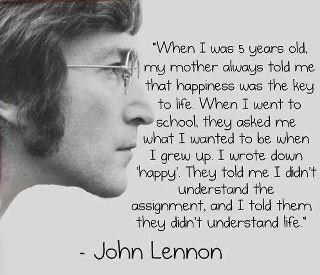
Not quite sure if young John Lennon was a Torah scholar but his story makes sense on many levels.
It is a commandment to be happy Deuteronomy 28, 47
The state of unhappiness is unnatural. Depression is a “disease” and it is not in line with the way our Creator designed us. The origin of the word disease is “diss ease”. To not have, o be lacking “ease”. In other words, Hashem wants us in a state of contentment or happiness. Therefore any lack of or “unhappiness” is because of our shortcomings.
Success in a goal is contingent upon faith.
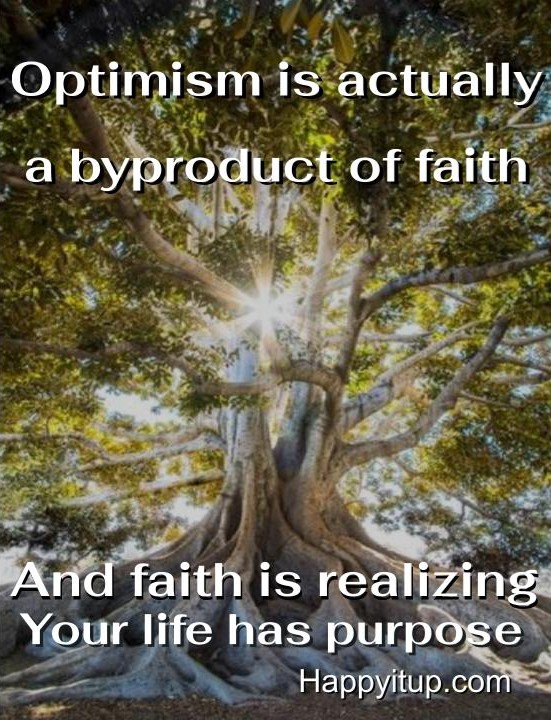
Optimism is a byproduct of faith, and faith is realizing your life has purpose.
A quote from a great article from Forwardwing.org “There are numerous studies on the science of happiness. All seem to conclude in one way or another, that happiness is not dependent on wealth, situation, or their environment, …Even one’s health seems to be unrelated to the level of happiness.” Click to read the full article A quote from a great article from Forwardwing.org “There are numerous studies on the science of happiness. All seem to conclude in one way or another, that happiness is not dependent on wealth, situation, or their environment, …Even one’s health seems to be unrelated to the level of happiness.” Click to read the full article
When Hashem created man, as a being with free will, one of the consequences of having this free will, was the freedom to assess situations with our own biases.
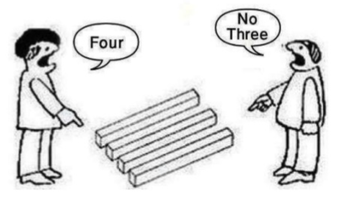
How can two people see the same thing and feel completely the opposite?
Since everyone’s life experiences have been different, we all evaluate new information differently.
The answer to everything in life just happens to be found in the Torah…
In Parsha Ki Tavo Moshe describes at length and in detail the list of the horrific curses that will befall the nation of Israel if they fail to “Obey the Lord, your God, to observe to fulfill all His commandments and statutes.” Deuteronomy 28, 15

Drum-roll… The Answer
“All these curses will befall you, pursuing you and overtaking you to destroy you because you did not obey the Lord, your God, to observe His commandments and statutes which He commanded you. And they will be as a sign and a wonder, upon you and your offspring, forever, because you did not serve the Lord, your God, with happiness and with gladness of heart, when [you had an] abundance of everything.” Deuteronomy 28 45-47
In summery, it’s all about appreciation
Our Creator knows human nature inside and out, after all, He created us. In time, things that come easily are almost always taken for granted. What good is having “an abundance of everything” if we only focus on what we don’t have?
There are multiple incidents in the Torah where the nation of Israel complained. For example, they were miraculously rescued from slavery and had free food raining down from the heavens and yet complained that they missed eating meat. See Numbers 11 4-9
Spiritual growth is especially difficult. When we gain things without the effort it is called the “bread of shame”.

A classic example can be the spoiled child who doesn’t appreciate wealth and squanders it away since he doesn’t value how difficult it is to work for it.
But when we toil for something meaningful, we benefit not only from the achievement but even more so from the extra appreciation, we gain.
But, as in the Torah, there is yet much more to this question. Judaism is more than just an academic study. It is a religion that requires doing.
The Torah is not just made to be studied. Unlike most other organized religions the Torah is a book of actions. The Torah has within the passages and stories a list of 613 mitzvahs, translated as commandments. The acquisition of the land of Israel was a unique commandment, as it came with an additional guarantee from Hashem Himself. Along with this mitzvah came the promise that Hashem would actually cast away the many nations. We just have to do our part of taking action.
“When the Lord, your God, brings you into the land to which you are coming to possess it, He will cast away many nations from before you: the Hittites, the Girgashites, the Amorites, the Canaanites, the Perizzites, the Hivvites, and the Jebusites, seven nations more numerous and powerful than you. And the Lord, your God, will deliver them to you, and you shall smite them. You shall utterly destroy them; neither shall you make a covenant with them, nor be gracious to them.” Deuteronomy 7, 1- 2
“You shall utterly destroy them” ???
This needs a bit of elaboration regarding the behavior of these nations
Unfortunately the inclination toward idol worship is alive and well today.

Idol worship is the most horrible crime in the Torah. Why?
When a person “molds” his own god, he can decide what characteristics he wants to give this god.

More importantly he can invent his own set of instructions of what this god wants of him.
Convenient but dangerous
The reality is that if people want to live in a civilized society with other humans, there need to be regulations. If everyone can create their own rules based on whatever they fancy there are no rules.
For example, if a person has an inclination to thievery or rape, he can make a god that condones thievery. An alcoholic can mold a god who wants his people to abuse alcohol, and so forth. Unfortunately, although it manifests differently, this type of idol worship is alive and well in our current world.
The following is quoted from an article from ForwardWing.org

Just as our bodies are made of trillions of individual cells, each performing a different job, however, they all miraculously work together for the one purpose that gives life to our bodies. The cells are themselves important but the focal point should be on the whole.

When we lose sight of the big picture we resemble what the ancients called idol worshipers.
When people put their reliance on the fragments of life (the superficial or idol) and ignore or deny the whole, they underestimate the purposefulness to life. Along with this mindset they naturally end up overestimating themselves. All this boils down to greed and selfishness. Rather than seeing all things as intrinsically one or whole, and part of something much greater than themselves, they become self-absorbed, as there is nothing curtailing their own self-importance. This way of thinking will inevitably lead to a meaningless life.

The Idol worship of ancient times seems inconceivable today. The idea that reasonably intelligent people would worship a figurine that was created by human hands is unimaginable in this day and age. One would think that any culture with the advanced intelligence to design, build, carve, or mold something resembling a being could surely reason this could not possibly be a deity with divine powers.

Although not as blatantly visible, many forms of idol worship are alive and well in this current era. In glorifying the morsels in our society, rather than embracing the oneness we are guilty of this idol worship.

The examples are numerous: Over admiration of famous people, technology, money, and even putting too much belief in political philosophy, deeming it infallible, are all forms of this mistake. Read the entire article on “Oneness”
This is exactly why we must “utterly destroy” idol worship wherever we find it. Judaism is a religion of doing.
Sharing the wisdom of Torah, through logical discussions, explaining the value of living a moral live are some examples of how we can utterly destroy the idol worship of today.
Restrictions are necessary for everything to function, the opposite is nothingness and chaos

Restrictions are necessary for society to function. The examples are everywhere and in everything. Great article on restrictions. A must-read.
Only by accepting God and His Torah, translated as instructions, can society function. This is a lesson that has history has proven repeatedly.
The curse of Canaan
When Noah who was the most righteous man in his generation, departed from the ark with his family, and all of the living things the Torah describes him as becoming intoxicated and becoming naked.
“And Noah began to be a master of the soil, and he planted a vineyard. And he drank of the wine and became drunk, and he uncovered himself within his tent. And Ham, the father of Canaan, saw his father’s nakedness, and he told his two brothers outside. And Shem and Japheth took the garment, and they placed [it] on both of their shoulders, and they walked backward, and they covered their father’s nakedness, and their faces were turned backward so that they did not see their father’s nakedness. And Noah awoke from his wine, and he knew what his small son had done to him. And Noah awoke from his wine, and he knew what his small son had done to him. And he said, ‘Cursed be Canaan; he shall be a slave among slaves to his brethren.’ May God expand Japheth, and may He dwell in the tents of Shem, and may Canaan be a slave to them.” Genesis 9 20-27
This is the only time in the Torah when a father cursed his own descendant. While Balaam attempted to curse the Israelites, Hashem intervened and turned the curse into a blessing.
In the case of Noah, there was no interruption. The curse was and is in place for all time. Therefore, Canaan and his descendants were never entitled to the land.
According to the Torah, everything has consciousness
Especially notable is the way the Torah refers to land and soil.
“For the people of the land who preceded you, did all of these abominations, and the land became defiled. And let the land not vomit you out for having defiled it, as it vomited out the nation that preceded you.” Leviticus 18: 27- 28
The land, like all matter, can be welcoming and giving or hostile and failing. One only need reference the land of Israel for the last few thousand years while the Jews have been exiled.
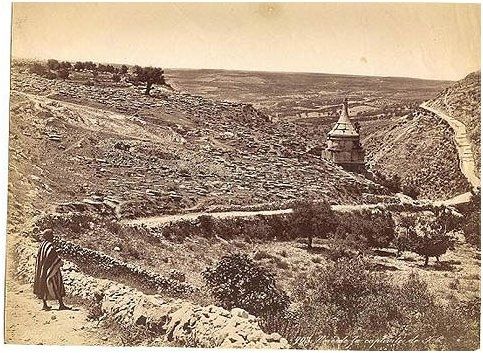
The famous American writer Mark Twain ( Samuel Clemens) made a visit to the Land of Israel in 1867. He wrote about his disappointing journey. “The further we went the hotter the sun got, and the more rocky and bare, repulsive and dreary the landscape became…There was hardly a tree or a shrub anywhere. Even the olive and the cactus, those fast friends of a worthless soil, had almost deserted the country”. These statements reflect his general attitude to the ancient land throughout his journey.” Read the entire article

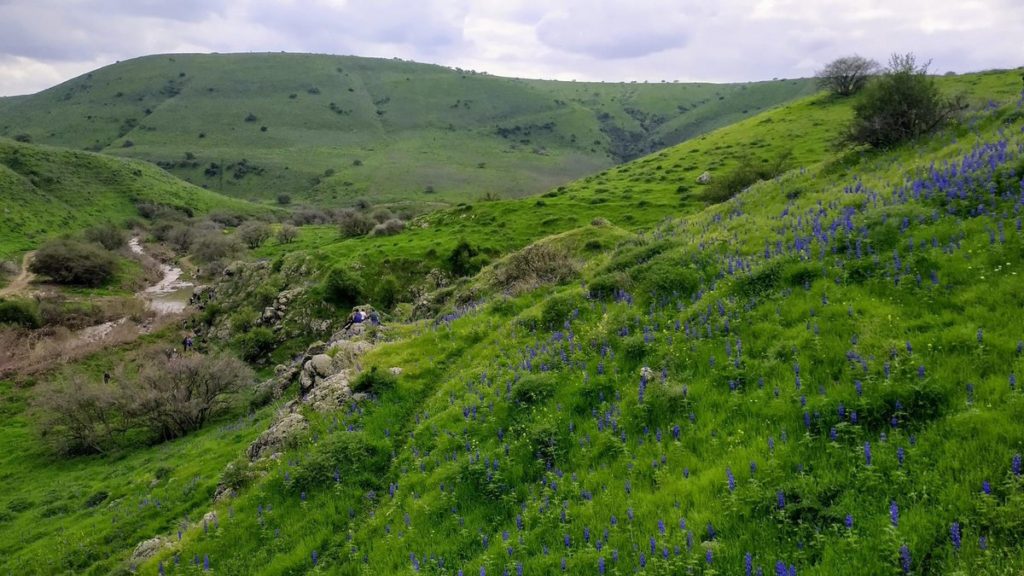
The nation Of Israel today
After the State of Israel as a Jewish homeland, was created in 1948 the exact opposite occurred. As an amazing example, today, with the Jews making up the majority, This densely populated tiny Nation of Israel is so productive that is actually a net exporter of many foods, products, and technology.
The earth, soil, purpose, and Man

In Genesis we are told of how Hashem creates the world. Everything was created by the Word of Hashem. “And God said, “Let there be light,” and there was light”. Genesis 1 3
The only exception was Man (Adam) He was the only thing created from the soil. And the Lord God formed man of soil from the ground, and He breathed into his nostrils the soul of life, and man became a living soul. Genesis 2 7
Unlike the animals, who were created instantly and brought to life through the statement of Hashem, Humanity came about in two stages. First Man was formed to be in the likeness of Hashem from the soil/dust of the earth but Adam remained lifeless until Hashem breathed life into him.
Right from the start, Hashem is making it clear that humans and animals are entirely different. Humans are the only living beings endowed with a mission. Actually many missions.
The task
To rule over all the previously created beings, to perfect and elevate the world by serving God, making it a world worthy of revealing Hashem’s presence in this earthly world. Humans are to work the soil, cultivate, nurture, produce, develop, and advance the human condition. These characteristics reflect the attributes of Hashem Himself.
From the beginning, mankind is given direction and informed of its purpose. This pinnacle message is communicated throughout Deuteronomy and encapsulated in a statement that is recited twice a day in the Shema. Read the entire article “The Shema – The Meaning of Life can be found in the Torah”
Know your place in the world

Unlike humans, animals, have no purpose other than following their desires for survival. Their behavior is similar to a computer. It is determined by how the system has been “programmed”. As proof, just watch animals in their natural environment; A spider must build a web, a beaver builds a dam, a bird builds a nest, and salmon swim upstream to spawn. Animals just do as they are programmed. Yes with the human intervention of a reward and punishment system, some animals can be trained, but that too is limited and actually just another form of programming with human intervention. Read the entire article
The First Rashi Commentary in the Torah: The Land of Israel and the Nation of Israel are inherently connected.
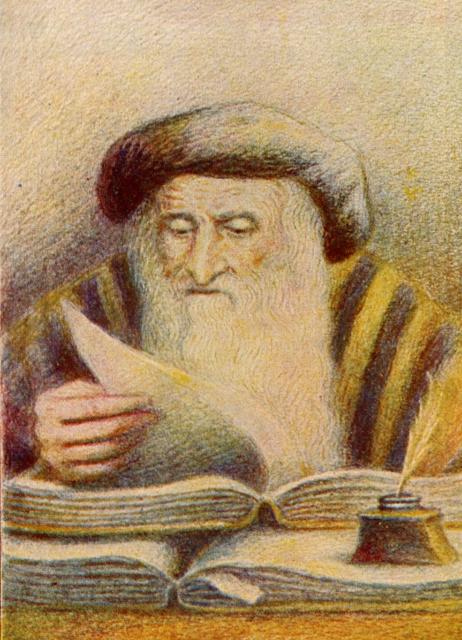
Rabbi Shlomo Yitzchaki 1040 – 1105 also known as Rashi is the undisputed foremost commentator on Torah. In his very first commentary on the Torah, he addresses this question albeit from another direction. Although he lived in the tenth and eleventh century he had the foresight to be able to look back from the future. “The Torah which is the Law book of Israel should have commenced with the verse (Exodus 12:2) “This month shall be unto you the first of the months” which is the first commandment given to Israel. What is the reason, then, that it commences with the account of the Creation? Because of the thought expressed in the text (Psalms 111:6) “He declared to His people the strength of His works (i.e. He gave an account of the work of Creation), in order that He might give them the heritage of the nations.” For should the peoples of the world say to Israel, “You are robbers because you took by force the lands of the seven nations of Canaan”, Israel may reply to them, “All the earth belongs to the Holy One, blessed be He; He created it and gave it to whom He pleased. When He willed He gave it to them, and when He willed He took it from them and gave it to us”

Summery / Recap
1 The world’s obsession with the land of Israel is certainly illogical and out of proportion with interest in other locations.
2 The “Promised land” is the main theme, goal, and reward in the Torah.
Th3 e best way to honor the blessing of life is to be happy
The reasons for having to go to war rather than acquire the land are as follows:
A) The Promised Land is Holy by virtue of being promised by Hashem in the Torah repeatedly.
B) Human nature being what it is, a gift is never fully appreciated unless it is gained through effort.
C) The inhabitants of the land were idol worshipers and degenerates. Idol worship is the most threatening sin and it is still entrenched in today’s culture. The Torah commands idol worship to be eliminated from the midst of the land.
D) Noah was the most righteous man of his generation and a “master of the soil”. He became intoxicated and was violated by his son, Ham. Noah cursed Ham and his descendants (Canaan). The nation of Canaan was never worthy of the land allotted to the Nation of Israel.
E) One of the main lessons for humanity is that they have been formed from the soil/dust of the earth in order to understand their connection and purpose. They need to work the soil which represents the earthly (physical) worlds, while perfecting and elevating the world by serving Hashem, making it a world worthy of revealing Hashem’s Godly presence in this earthly world.
All rights reserved. No part of this website may be reproduced whatsoever without the express and written permission of Baalteshuva.org or (Paul) Moshe Einbinder


